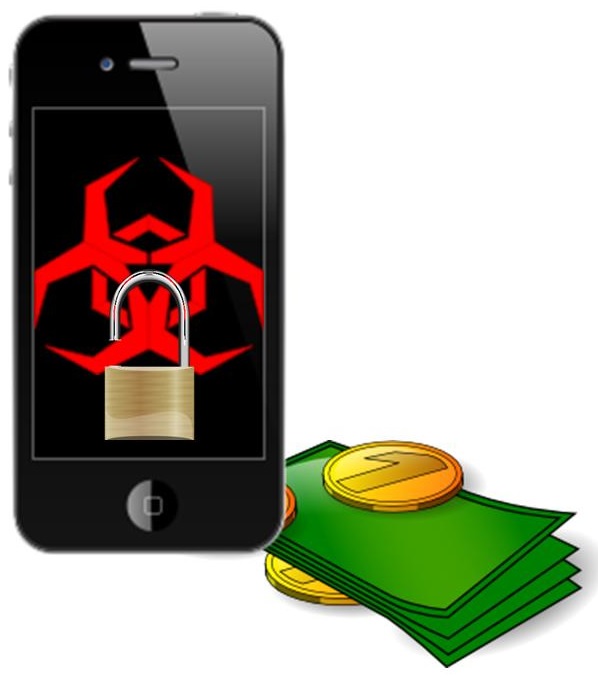eBay reports strong activity over holiday shopping weekend
Retail giant eBay has reported impressive growth over the recent holiday shopping weekend, extending from Thanksgiving Day to Cyber Monday. The retailer has been quite cavalier with its approach to the holiday season in the past, making aggressive efforts to engage consumers and provide them with reasons to shop online rather than visit physical stores. This year has proven no different, but eBay has been putting a bolder emphasis on mobile commerce in the hopes of engaging the growing number of consumers with mobile devices.
Consumers show their proclivity for mobile shopping
According to eBay, mobile commerce volume, in terms of transactions, grew by 96% over the holiday shopping weekend. PayPal processed the vast majority of the mobile transactions being made during this period, reporting a 115% increase in mobile spending. PayPal notes that Cyber Monday represented the most active day, in terms of mobile payments, it had ever experienced in its history.
eBay predicts $20 billion in mobile payments for 2013
 The holiday season is not over, of course, and shopping is expected to continue being a high priority for many consumers through the end of December. eBay anticipates that it will handle some $20 billion in mobile payments this year, with the majority of these payments coming from the holiday season. The retailer has been working to encourage consumers to make mobile payments throughout 2013 and has managed to find some success in this endeavor with the help of PayPal.
The holiday season is not over, of course, and shopping is expected to continue being a high priority for many consumers through the end of December. eBay anticipates that it will handle some $20 billion in mobile payments this year, with the majority of these payments coming from the holiday season. The retailer has been working to encourage consumers to make mobile payments throughout 2013 and has managed to find some success in this endeavor with the help of PayPal.
NFC alternatives provide consumers with more options
PayPal has become quite powerful in the mobile commerce sector, as it has offered a payment solution that is not based on NFC technology. Payment platforms that make use of NFC technology can typically only be accessed by NFC-enabled devices, which are not abundantly available to consumers currently. PayPal, and other companies interested in mobile commerce, have been working to provide consumers with an alternative to NFC in order to make it easier for them to make mobile payments.
Cybercriminals are not missing their opportunity to take advantage of unsuspecting smartphone users.
This year, there has been a very large increase in the amount of shopping that is being conducted over smartphones, from price comparisons to actual purchases, and with this trend has come a rise in mobile commerce security issues that are leaving a bad taste in the mouths of many shoppers.
Many companies are now releasing advice and tips to help shoppers to stay safe and to protect their sensitive data.
Among those releasing mobile commerce security support information is McAfee. In fact, that company has recently produced its 12 scams of Christmas to help to underscore the importance of this problem and to alert consumers as to some of the most common forms of fraud. This can help shoppers to know what action to take to help to protect themselves from falling victim to cybercriminals this year.
Malware is causing mobile commerce security issues from a broad range of different sources.
 According to McAfee, the biggest scams from the year include the following:
According to McAfee, the biggest scams from the year include the following:
• Shopping apps that look as though they are official – especially those that come with company or celebrity endorsements, but that are meant for stealing or sharing personal information.
• Holiday SMS text messages – many carry a FakeInstaller malicious code that fool an Android device user into thinking that it is a real app installer, except that this then sends out premium rate texts from the device.
• Too good to be true gift ads – clicking on offers that are far too good to be true can install malware into the device.
• Fake seasonal travel deals – when these links are used, hackers wait for private data to be entered so that it can be stolen.
• Fake e-cards and greetings – false but real looking e-cards can install viruses and malware when opened.
• Deceptive online games – these primarily target younger users, promising full versions of popular games, installing viruses and malware when downloaded.
• Fake shipping notifications – shipping updates that appear to be from popular retailers contain malware released when opened.
• False gift cards – promoted by way of deceptive social media ads.
• Holiday SMiShing – through messages where the cybercriminal poses as a credit card company or bank and requests financial data for security purposes.
• Fake charities – asking for donations though the funds won’t go to the designated cause.
• Romance and friendship scams – messages pretending to be from known individuals but that eventually request usernames, passwords, credit card information and others.
• False online retailers – McAfee revealed earlier this year that this mobile commerce security issue affects one in five online consumers, including those using smartphones.
 The holiday season is not over, of course, and shopping is expected to continue being a high priority for many consumers through the end of December. eBay anticipates that it will handle some $20 billion in mobile payments this year, with the majority of these payments coming from the holiday season. The retailer has been working to encourage consumers to make mobile payments throughout 2013 and has managed to find some success in this endeavor with the help of PayPal.
The holiday season is not over, of course, and shopping is expected to continue being a high priority for many consumers through the end of December. eBay anticipates that it will handle some $20 billion in mobile payments this year, with the majority of these payments coming from the holiday season. The retailer has been working to encourage consumers to make mobile payments throughout 2013 and has managed to find some success in this endeavor with the help of PayPal.
 According to McAfee, the biggest scams from the year include the following:
According to McAfee, the biggest scams from the year include the following: